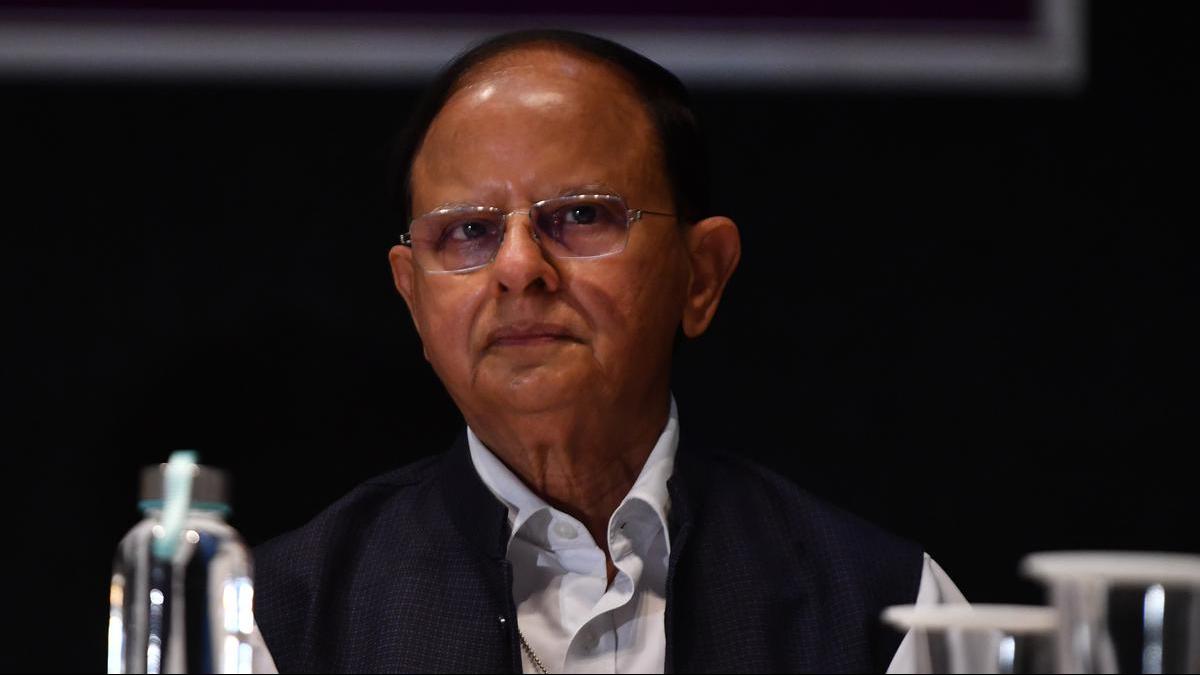
India committed to Sendai Framework for disaster risk reduction: PM’s aide P.K. Mishra
The Hindu
India reaffirms commitment to Sendai Framework for disaster risk reduction, emphasizing international collaboration and sustainable development for resilience.
India is committed to the Sendai Framework for disaster risk reduction, Prime Minister Narendra Modi’s Principal Secretary, P.K. Mishra said on Friday (November 1, 2024), while calling for increased international collaboration on technology transfer, knowledge sharing, and sustainable development to enhance disaster resilience.
Mr. Mishra made these remarks at the G-20 Disaster Risk Reduction Working Group ministerial meeting at Belem in Brazil, the Union Home Ministry said in a statement on Saturday (November 2, 2024).
The Sendai Framework, a UN agreement adopted in 2015, advocates for “the substantial reduction of disaster risk and losses in lives, livelihoods and health, and in the economic, physical, social, cultural and environmental assets of persons, businesses, communities and countries.”
Mr. Mishra led a high-level Indian delegation which took part in the meeting held between October 30 and November 1. A consensus was reached on the first ministerial declaration on disaster risk reduction, with the active participation of the Indian delegation, the statement said.
The first such working group on disaster risk reduction established on India’s initiative during its G-20 presidency in 2023.
At the meeting, Mr. Mishra shared the Indian government’s progress in reducing disaster risks and in upscaling disaster financing. He emphasised India’s proactive approach on the issue on the basis of the five priorities enunciated during India’s G-20 presidency: early warning systems, disaster resilient infrastructure, disaster risk reduction financing, resilient recovery, and nature-based solutions.
The Ministry said that the Prime Minister’s aide also spoke about Mr. Modi’s global initiative, the Coalition for Disaster Resilience Infrastructure (CDRI), which now has 40 countries and seven international organisations as members.

The girl, who was admitted to Aster CMI Hospital with alarming breathlessness and significant pallor, was diagnosed with Wegener’s Granulomatosis (now known as Granulomatosis with Polyangiitis or GPA), a rare autoimmune condition that causes spontaneous bleeding in the lungs, leading to acute respiratory failure.

ACB files case against IPS officer N. Sanjay in Andhra Pradesh. The official is accused of manipulating the tender processes for awarding contract for development and maintenance of AGNI-NOC portal, and conducting awareness meetings for SC/STs. It is alleged that the total value of properties stolen, or involved in the case is estimated at ₹1,75,86,600.









